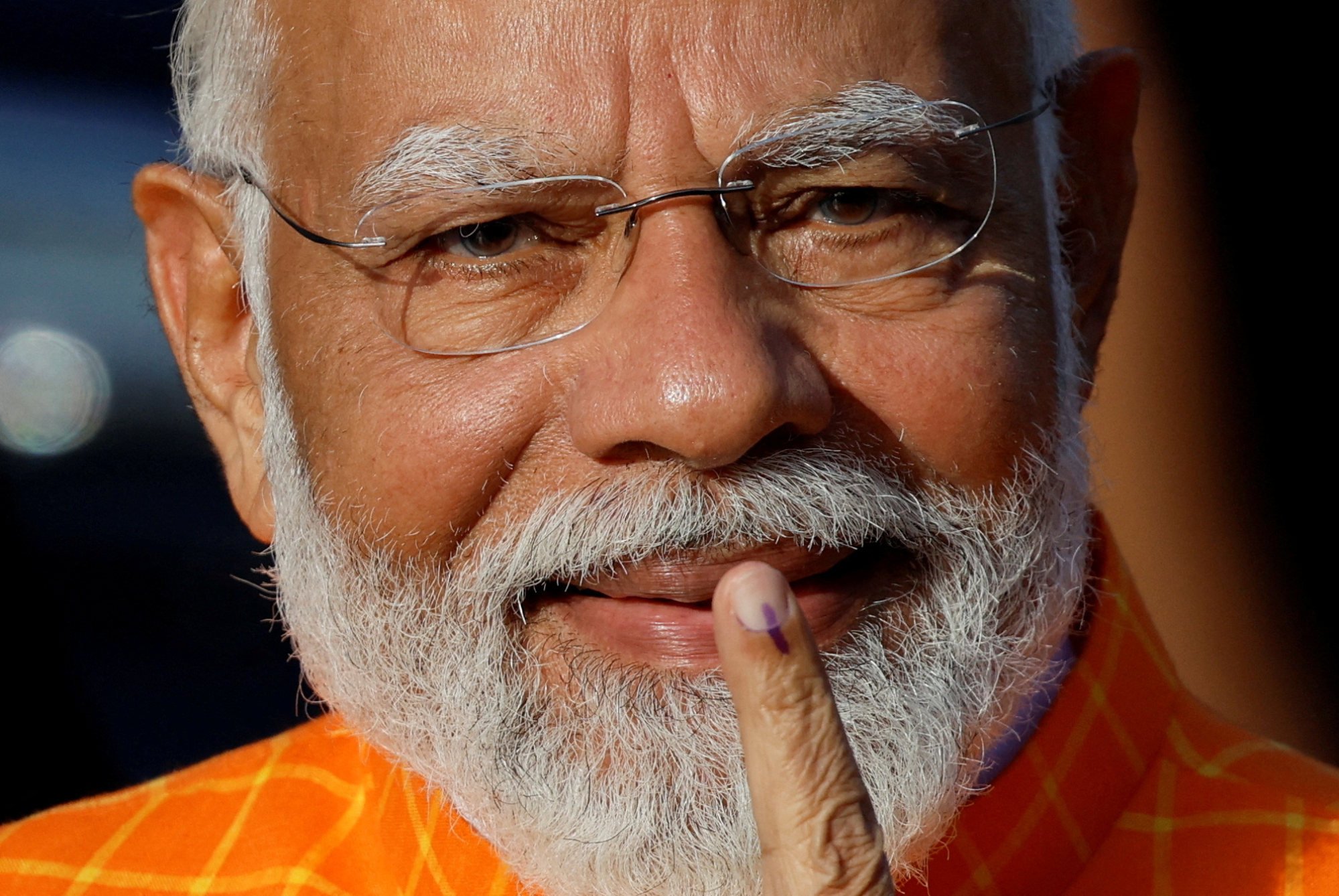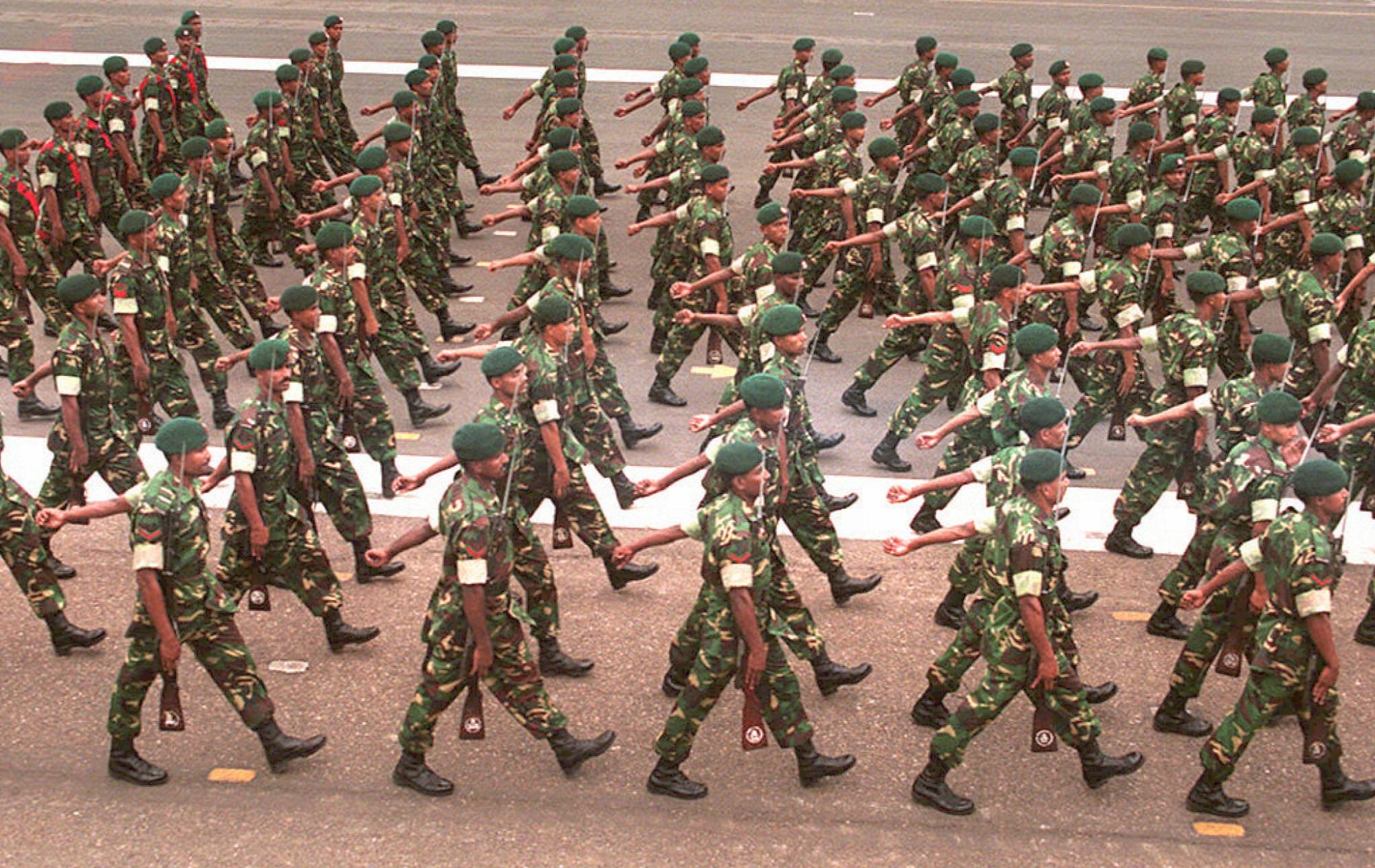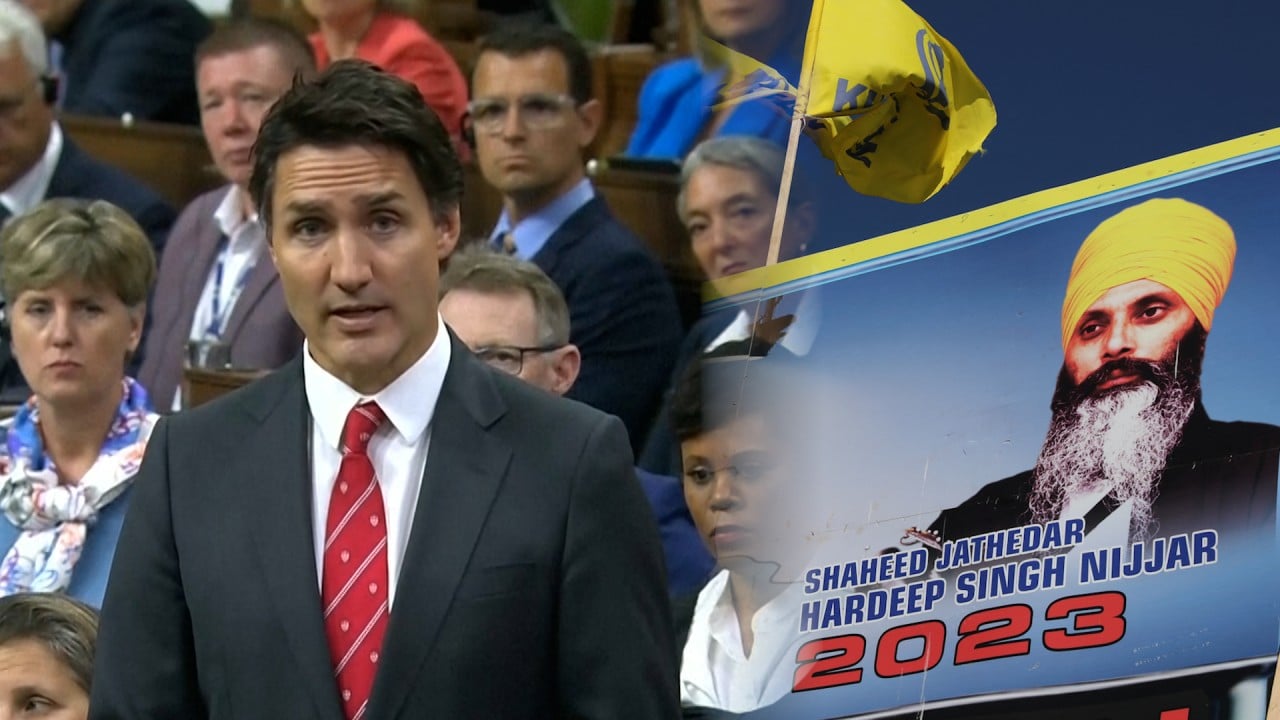
Are India’s spy agency and foreign interference becoming brazen under Modi?
- India’s intelligence activities have led to accusations against the Research and Analysis Wing by countries such as the UK, Pakistan and Canada
- New Delhi has a long history of relying on the spy agency to guide its foreign policy decisions, such as the 1971 war in Bangladesh
“In the last decade, Modi and [National Security Advisor] Ajit Doval duo have improved funding and operational scope for the RAW. This has certainly led to an increased role for the agency from the previous UPA [United Progressive Alliance] regime,” said Dheeraj Paramesha, a professor of criminology at Britain’s University of Hull and an expert on the Indian intelligence network.
Paramesha, however, said RAW’s recent foreign activities were not unprecedented as previous Indian governments had prioritised growing the country’s intelligence capabilities.
“Under former prime minister Rajiv Gandhi [in the 1980s], the scale of intelligence operations was similar. So, there is not a radical change in the mandate as such. However, with the growth of Indian foreign policy goals, the targets have certainly expanded.”
Several contentious accusations about RAW’s recent operations in other countries have put the agency in the spotlight.

On April 29, the Washington Post reported that an Indian intelligence officer was involved in a foiled plan to assassinate Sikh separatist leader Gurpatwant Singh Pannun on American soil in 2023, presumably with the approval of then RAW chief Samant Goel, who reported to Modi.
The Indian government strongly refuted the claims, calling them “unwarranted and unsubstantiated”.
Australian media outlets reported that Canberra had expelled two Indian nationals who were accused of espionage. The duo had allegedly been involved in attempting to steal sensitive information related to defence projects, airport security, and trade relationships.
The reports also said they were closely monitoring the Indian diaspora in Australia and had established connections with current and former politicians.
While the Australian government did not confirm the nationalities of the expelled individuals, it acknowledged the incident without giving details. The Indian government dismissed the reports as unfounded.
RAW power in Asia and beyond
RAW is a feared entity in South Asia, with neighbouring countries alarmed by the extensive reach of the agency. Analysts say the allegations against RAW’s operations have ratcheted up during Modi’s rule.
Sri Lanka’s then-President Maithripala Sirisena accused RAW in 2018 of plotting an assassination against him, leading to a bitter political feud between the two countries.

Two critical aspects that determined the role of RAW’s operational capabilities were the will and strength of political leadership, said Paramesha.
“Indian intelligence, especially foreign intelligence, does not have a charter of duties. So its roles and responsibilities have developed organically in response to threats,” said Paramesha, who wrote the book India’s Intelligence Culture and Strategic Surprises: Spying for South Block.
RAW was set up in 1968 following the Sino-Indian war in 1962 to counter the threats of China and Pakistan. The agency’s mandate has steadily grown over the decades as New Delhi uses its intelligence data to guide foreign policy decisions.
Like the Central Intelligence Agency (CIA) in the US and Mossad in Israel, RAW’s most senior officials report directly to the country’s top leaders.

“Some leaders like Indira Gandhi, Rajiv Gandhi, Atal Bihari Vajpayee and Modi have used it actively while others have not shown much interest,” he added.
Echoing a similar view, a former RAW officer, who did not wish to be identified, said the strengthening of RAW’s role in the past 10 years was a “conscious effort” of the government to project India as a “formidable global force”.
“Though the Modi administration tries to punch above its weight globally regarding external intelligence, we’re still short-staffed and lack some crucial resources. But there’s an eagerness to refine this or at least posturing of a serious upgrade,” the officer said.
Nitin Gokhale, a Delhi-based South Asia strategic analyst, said while Indian intelligence was getting more attention than in previous years due to the recent overseas incidents, there had been no “significant change in the structure and approach” by Delhi.
“So far, India’s [intelligence] abilities have been considered to be adequate for the country’s requirements but with the rising global profile, the capabilities on this front will need to be upgraded in keeping with current and future demands.”
RAW’s operations are clouded in secrecy including its staff strength or budget.
Over the past decade, Indian intelligence appears to target individuals or organisations favouring Kashmiri secessionism and Khalistani separatism – two highly sensitive issues for New Delhi.
While there have been accusations of Indian operatives carrying out targeted killings in countries like the UK, Pakistan, and Afghanistan over the years, a similar episode in Canada that took centre stage last year triggered the worst diplomatic standoff between Ottawa and Delhi.
Harsh V Pant, vice-president of studies and foreign policy at the Delhi-based think tank Observer Research Foundation, said it was only “natural” that India’s espionage network and intelligence-gathering activities had seen an uptick in tandem with the country’s higher international profile.
“In the context of India’s rise and India’s place in the global hierarchy, one should not be surprised by this development,” he said.
The contrasting narratives in India and the West would continue to be played out in the media given Delhi’s deepening involvement in global affairs, Pant said.
“This contestation itself is part of a broader contestation about how India wants to protect its interests and project its ability to protect those interests.”


